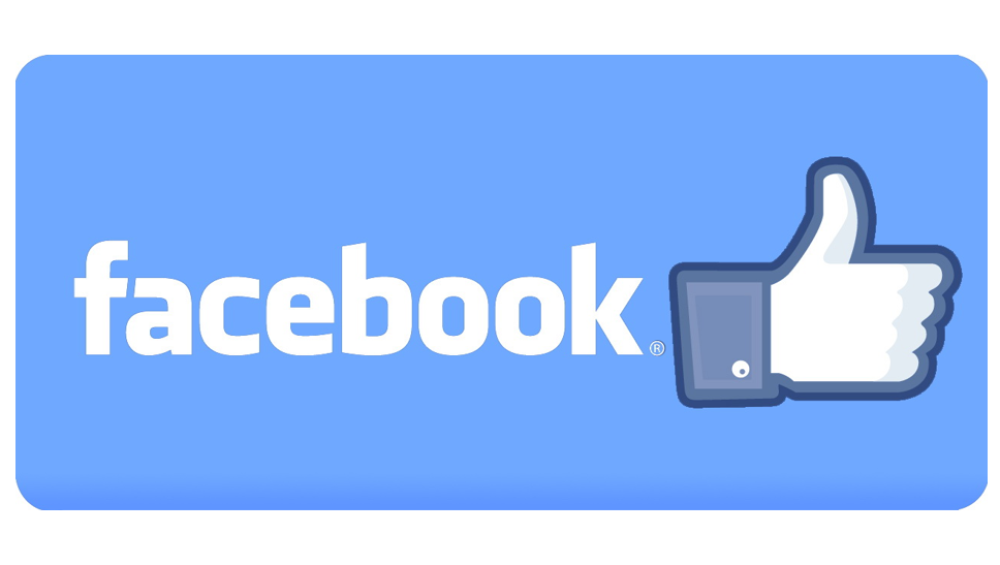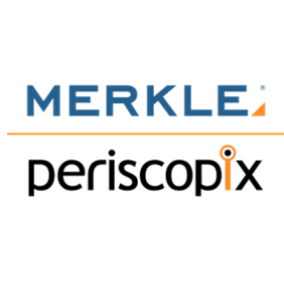How To Make The Most Of Your Facebook Budget
09 Nov 2016

When building Facebook campaigns, we often start with a fixed budget and use that number to guide campaign planning. This works because you can ensure that you are building a strategy that fits within the budget requirements, but you may also be hindering the ultimate success of your campaign. A number of things affect how much you should really be spending on Facebook campaigns – performance goals, your industry/product and website content, to name a few. Are you taking these into consideration when making recommendations? This blog outlines and describes the key factors to be considered when putting together a potential plan.
Campaign Objective
Clear campaign goals should be what influences your budget, as opposed to the other way around. If you have a specific target in mind, say, to generate 1,000 new signups to your service, or generate 10,000 new Facebook fans, you could assign each conversion a value on which to base your total projected spend.
Profile
Before trying to determine how much you to spend on Facebook, it’s important to understand the current organic presence/offering on the platform. If you have an established presence already, with devoted followers, engagement with your ads will be higher. This increases the likelihood of your posts going ‘viral,’ spreading from fans, to friends of fans, and so on – you may be able to get good results from a lower budget.
On the other hand, if you’re working with a new brand or company with a limited following, you will need to consider investing heavily into Facebook, not only to make as many users aware of your social presence as possible, but also to give yourself room to test different audiences, creatives and strategies in order to gain a solid understanding of where you fit.
Industry/Product
If we compare a well-known brand in the entertainment industry against one in insurance or finance, you’re less likely to find users on Facebook who are immediately ready to purchase home insurance than a DVD. This means competition on the platform for these users and audiences will be more intense. Certain industries are in a better position for success on Facebook, as far as engagement is concerned, CPA/CPC is likely to be lower in these cases.
Bear in mind your ads will also be competing with all the other engaging, user-generated content on Facebook. Users go on Facebook to scroll through their feed quickly, and a video of a cat shooting glittery rainbows from its eyes may very well appear directly above your own. Thus, budget will need to be devoted to creative testing, especially for those whose product or service offering is less visually engaging and can’t quite stand up to cat pandemonium.
Website
Your landing page plays the most important role in the conversion journey once a user has left the Facebook environment. If your website is well designed, with a smooth user journey on a well-established page (is it mobile optimised?), you will be in position for stronger ad performance, with a much lower CPA. Not only will your users enjoy the experience on your site, but you will also be able to collect website custom audiences for remarketing based on valuable insights from the Facebook Pixel.
Customer
The bottom line for any advertising campaign relies solely on the customer, the user, the audience. We talk at length about how important it is to use the right message at the right time. But putting together a strong campaign plan includes having the right audiences. Who are you targeting? Are they interested in what your brand has to say – specifically on their social media? What we tend to find is that Facebook’s native audiences are large and broad, giving you the opportunity to reach a wide range of Facebook users at once. However, they can be limiting, and you will likely have to spend more to reach the right user. If you have a list of already engaged customers, you are one step ahead, as you can create lookalike audiences to reach users who are more likely to buy your product, download your app, sign up for your service etc.
Campaign Length
This may be an obvious one, but your budget is heavily dependent on how long your campaign is going to run. Taking into account all of the above factors, you will already have an idea of the kind of campaign you would like to run. If, for example, your business is relatively new, with a not-so-great website and a product that is hard to sell, you will need to spend a lot more time running social activity as a test than someone who’s business is up and running with a dedicated following and consistent site traffic. The first month of your campaign will likely be the most expensive, with the most sporadic performance and constant optimisation. Once campaign activity becomes more stable, you can readjust, but it’s important to take that first month into consideration when planning your budget.
All of the above should be included in the planning process for your big and small Facebook campaigns. If you are interested in finding out more about launching a strategic Facebook campaign with our team of specialists, please get in touch.
To read this blog written by Lola Ogunyemi on the Periscopix website, please click here.

Please login to comment.
Comments